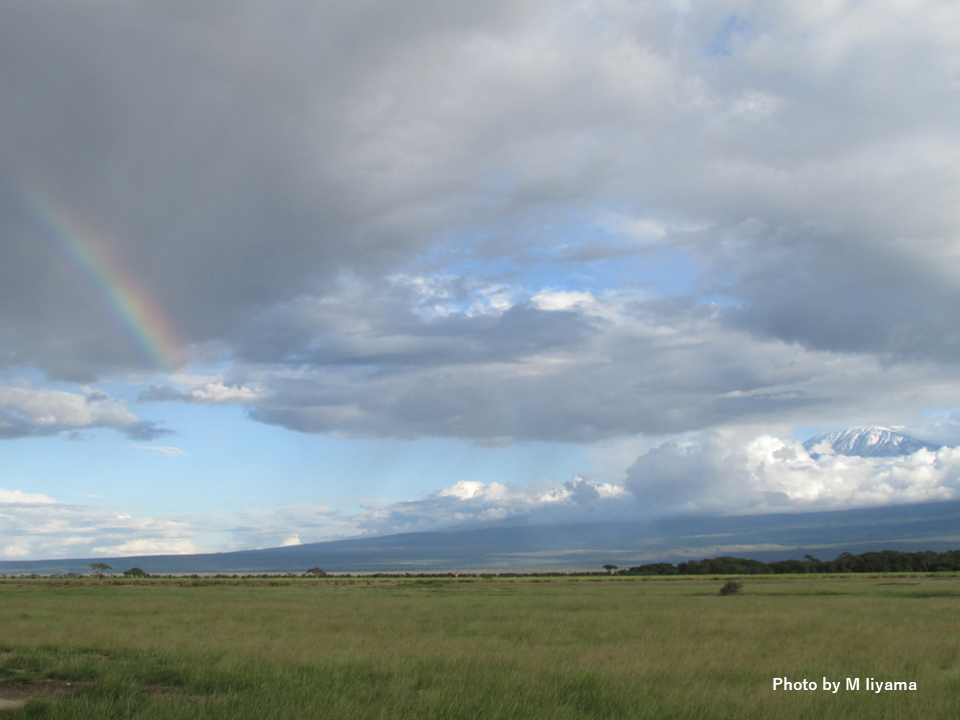Pick Up
763. Earth System and Socio-economic System

763. Earth System and Socio-economic System
Tomorrow, April 22, is International Mother Earth Day. This day was first observed on April 22, 1970, in the United States, where interest in environmental issues had been growing since the 1960s, and has since helped to raise international awareness of the global environment. This year’s theme is Invest in Our Planet.
Human activities have had such an impact on the Earth system that since the Industrial Revolution after 1750, and especially since the 1950s, scientists have proposed a new geological epoch - the Anthropocene. The Great Acceleration era has also been described as a period of rapid change in socio-economic system indicators* and Earth system transformation indicators**.
There was a time when environmental issues were considered separate from socio-economic issues. On the other hand, population growth brought about by the expansion of agricultural production through the use of industrial chemical fertilizers, increased production and consumption of animal products due to urbanization and economic development, and the globalization of food have become major causes of global warming and biodiversity loss, and the impact of the food system on the global system is enormous.
Taking Mother Earth Day and other occasions as opportunities, we must recognize the impact of human activities on the global system, and innovate and change our behavior to develop earth-friendly socio-economic and food systems.
*Socio-economic system indicators: population, gross domestic product (actual GDP), foreign direct investment, urban population, primary energy use, chemical fertilizer use, large dams, water use, paper manufacturing, transportation, telecommunications, overseas travel
**Earth system indicators: atmospheric carbon dioxide concentration, nitrous oxide, methane concentration, stratospheric ozone loss due to ozone depleting substances, Northern Hemisphere average temperature anomalies, ocean acidification, ocean catches, shrimp farming, coastal nitrogen, loss of rainforest and forest areas, increased land use, estimated extinction rate of terrestrial species
Contributor: IIYAMA Miyuki (Information Program)
